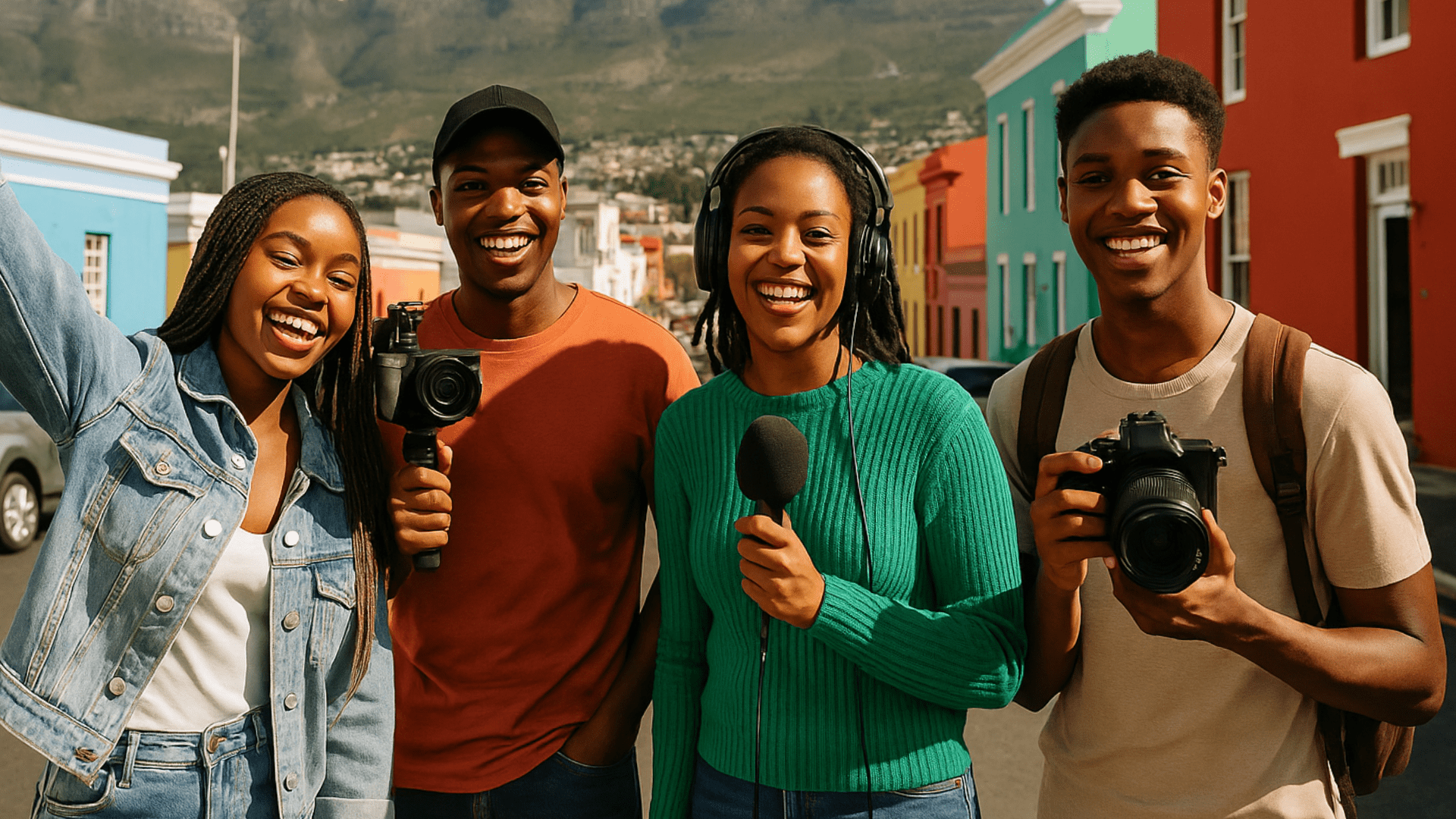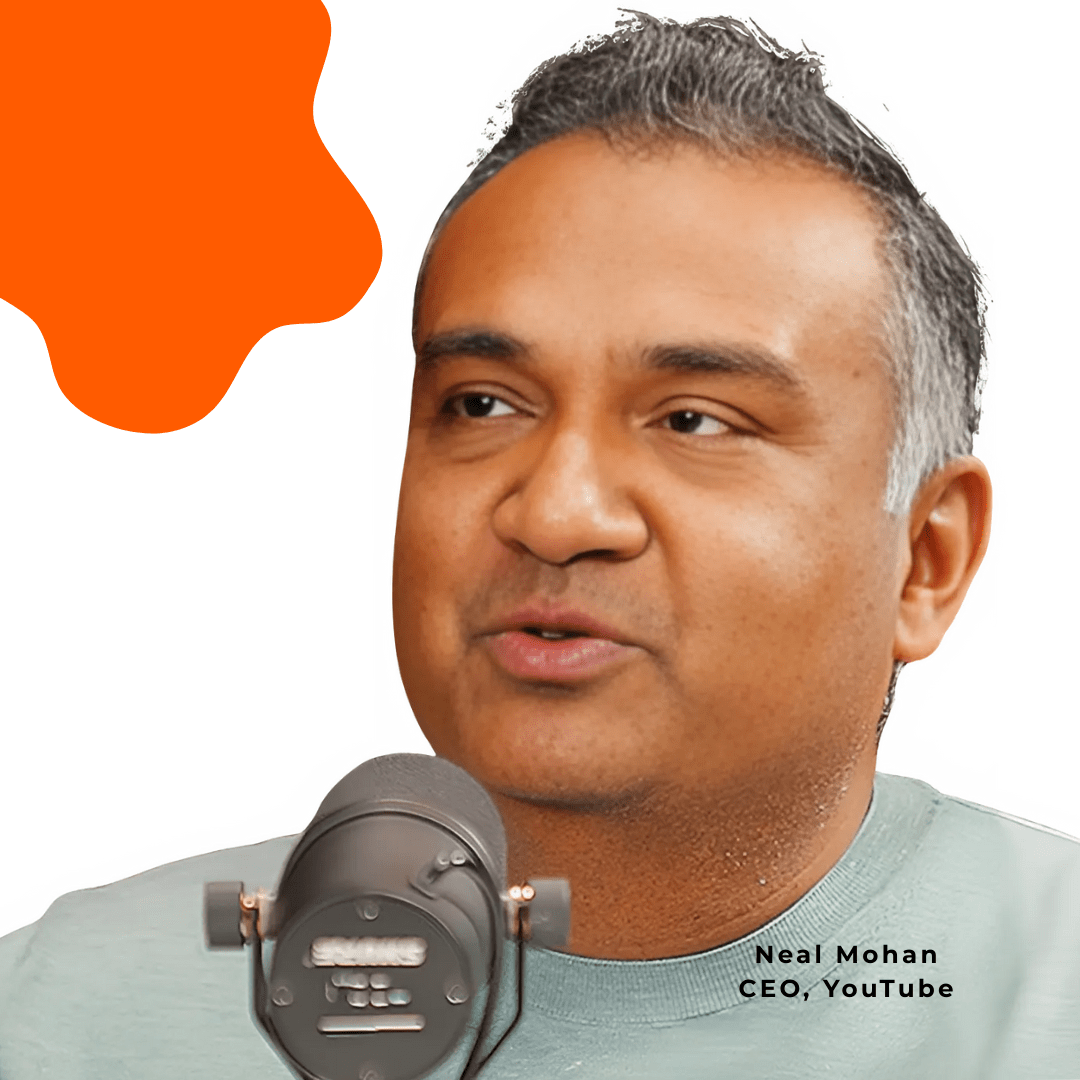
LAGOS / NAIROBI / CAPE TOWN — For many African content creators, sponsorships
and brand deals are seen as the holy grail of monetization. But the reality is sobering: according
to the African Digital Media Institute’s 2024 report, fewer than 15% of African creators
secure brand partnerships in any given year.
That leaves a vast majority asking a hard question: How do I make a sustainable income without
depending on corporate sponsorships?
The answer lies in diversification — building multiple, controllable revenue streams that keep
money flowing regardless of algorithms, platform policies, or advertiser budgets.
The Sponsorship Gap in Africa
Global creator economy reports often paint a rosy picture of influencer earnings. Yet these
figures rarely account for regional disparities. Social Blade Analytics (2025) shows that African
creators typically earn 30–70% less per 1,000 views on YouTube than peers in the U.S. or
Europe, due to lower local ad rates.
Brand budgets in Africa are smaller, influencer marketing maturity is lower, and many brands
prioritize celebrities over micro-influencers. Even for creators with high engagement, securing
sponsorships often requires agency connections and market visibility that aren’t evenly
distributed.
Experts agree: the safest path to sustainable creator income is to own your audience and your
revenue streams. Here are five proven strategies African creators are using to thrive without
sponsorships.
1. Membership Models and Direct Support
Platforms like Patreon, Buy Me a Coffee, and Ko-fi allow creators to earn monthly income
directly from fans. YouTube’s Channel Memberships and Instagram’s Subscriber Content
features offer similar possibilities.
Kenyan spoken word artist Wanjiku Mwaura earns a steady income from just 150 supporters
on Patreon, each contributing between $3–$10 per month. “It’s not glamorous, but it’s stable,”
she says. “My audience isn’t huge, but it’s loyal.”
Pro Tip: Offer meaningful perks — behind-the-scenes content, early access, or personalized
shoutouts — to encourage fan retention.
2. Merchandise and Physical Products
Merchandise isn’t just for music artists. Creators of all kinds are launching branded products,
from apparel and mugs to books and devotional journals.
Ghanaian gospel influencer Kojo Mensah sells locally printed t-shirts with scripture-inspired
designs. By producing in Ghana, he keeps costs low and margins high, earning more than some
sponsored campaigns he’s been offered.
Pro Tip: Start small with print-on-demand services to avoid high upfront costs.
3. Paid Online Workshops and Courses
With Africa’s growing appetite for skills training, creators with expertise in areas like
photography, video editing, music production, or even public speaking can sell online courses or
workshops.
South African filmmaker Thandiwe Khumalo hosts quarterly Zoom-based masterclasses on
mobile videography, charging $25 per seat. Her classes sell out within a week, often attracting
participants from both Africa and the diaspora.
Pro Tip: Use affordable platforms like Teachable, Gumroad, or Thinkific, and market heavily on
social media in the month leading up to your event.
4.Digital Products
E-books, music downloads, Lightroom presets, and stock footage are increasingly lucrative. Once
created, these products can be sold repeatedly with minimal ongoing effort.
Nigerian animator Ayo Adedoyin sells 2D animation packs for $15 each. “I wake up and find
sales notifications on my phone,” he says. “It’s like my work is earning for me while I sleep.”
Pro Tip: Use platforms with low transaction fees and global reach, such as Payhip or Etsy for
digital products.
5. Community Crowdfunding and Donations
Livestream donations, GoFundMe campaigns, and church-style online offerings are becoming
popular in the faith-based creator space. TikTok’s live gifting feature and YouTube’s Super Chat
allow fans to contribute in real-time during broadcasts.
Ugandan gospel musician Sarah Namusoke crowdfunded $2,000 to produce her first
professionally recorded EP — entirely from YouTube livestream donations.
Pro Tip: Always show donors exactly how their money will be used; transparency builds trust
and encourages repeat giving.
The Role of Faith in Financial Integrity
For Christian content creators, financial decisions are more than business strategy — they’re an
expression of stewardship. Faith-based leaders like Thabo Ndlovu of Faith Nexus 2025 stress
that creators should avoid “get-rich-quick” schemes and prioritize transparency.
“Your reputation is your currency,” Ndlovu says. “Once your audience trusts you, they’ll invest in
your mission. But lose that trust, and no sponsorship or campaign can save you.”
Case Study: From Side Hustle to Full-Time
In Nairobi, 28-year-old lifestyle vlogger Joyce Mwende quit her corporate job after building a
multi-stream income system:
- Patreon memberships ($800/month)
- Merch sales ($350/month)
- Paid workshops ($500 per quarter)
- YouTube ad revenue ($200/month)
Within a year, she replaced her full-time salary while working fewer hours. “I realized that waiting
for brands to notice me was holding me back,” she says. “When I stopped chasing and started
building, everything changed.”
Challenges to Watch For
While these methods work, they’re not instant fixes. Creators must prepare for:
- Platform fees cutting into profits.
- Inconsistent sales cycles for digital and physical products.
- High upfront effort to set up courses or product lines.
- Marketing demands — without a brand partner, creators must handle all promotion themselves.
Why This Matters for Africa’s Creator Economy
If more African creators master independent monetization, the industry becomes more resilient.
Relying solely on brand sponsorships leaves creators vulnerable to market downturns or
platform algorithm changes.
Independent revenue also fosters creative freedom. Without the pressure to tailor content to a
sponsor’s preferences, creators can pursue bolder storytelling, tackle socially relevant issues, or
focus on faith-based themes.
The Bottom Line
The most successful creators in Africa by 2030 will be those who combine talent, business savvy,
and community trust. Sponsorships will still have their place, but they will be one income stream
among many — not the foundation of a creator’s livelihood.
As Joyce Mwende puts it: “A brand deal is nice. But when your community is your sponsor, you
sleep better at night.”



